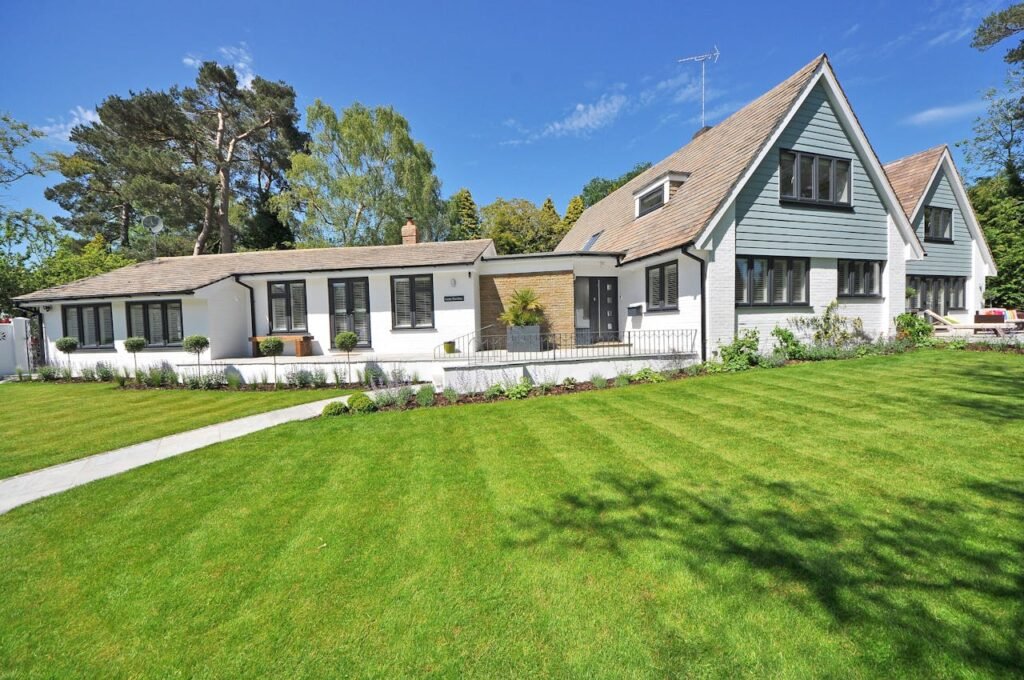To enhance the quality of life, Germany attracts a significant influx of people each year. Owning a property elevates living standards to new heights. As the largest economy in Europe, Germany’s real estate market is a subject of considerable interest. Property prices in the country are not consistently stable; however, investing in real estate remains a lucrative endeavor. Various factors contribute to the fluctuation of property prices. This article will delve into property prices and explore some of these influencing factors.
How To Buy a Property in Germany
The trend of purchasing apartments in Germany is on a steady rise. If you are contemplating acquiring an apartment in this vibrant country, it is essential to follow a series of well-defined steps. One of the first and most crucial actions you should take is to hire a competent lawyer. This professional will offer invaluable guidance, ensuring you navigate the complexities of German tax and legal systems with ease, thus avoiding any potential legal entanglements in the future.
The process of buying an apartment in Germany involves the following steps:
1. Begin by consulting a reputable real estate seller. Engage in detailed discussions regarding the property’s price, payment methods, down payment, and other pertinent details. Once satisfied, proceed to sign the agreement.
2. Within a few days of signing the contract, you will be required to pay the property tax, which typically amounts to 3-7% of the property’s value.
3. Following this, the final agreement will be formalized. If you do not hold permanent residency (PR) in Germany, it is necessary to obtain it; otherwise, your stay will be considered under a long-term tourist visa.
Factors Affecting Housing Price
Housing prices in Germany are anything but stable, influenced by a myriad of significant factors. Let’s delve into some key elements that sway these prices:
1. Location
Location is a paramount factor in determining housing prices. In bustling metropolises like Berlin, Munich, and Hamburg, property prices are substantially higher. The superior connectivity and abundant amenities in these cities heighten demand, driving prices up. Conversely, in rural areas, properties can be acquired at a fraction of the cost.
2. Economy
The economy plays a pivotal role in shaping housing prices. Indicators such as GDP growth, employment rates, and interest rates exert considerable influence on the market. These economic variables can cause property prices to fluctuate markedly.
3. Supply and Demand
The classic economic principle of supply and demand is at play here. When demand outstrips supply, property prices inevitably soar. Germany experiences a steady influx of people each year, escalating the demand for housing and subsequently pushing prices higher.
4. Age of the Property
The age of a property is another crucial factor. There is a marked preference for newer properties, which tend to command higher prices. The value of older properties, on the other hand, varies significantly based on their age, making this a noteworthy consideration.
5. Inflation
Inflation has a cascading effect on housing prices. The cost of construction materials is rising due to inflation, as are the wages of construction professionals. This, in turn, drives up the overall cost of properties.
In summary, housing prices in Germany are shaped by a complex interplay of location, economic conditions, supply and demand dynamics, the age of properties, and inflation. Each of these factors contributes to the ever-changing landscape of the housing market.
Housing Prices in Different Cities in Germany
Housing prices in Germany exhibit significant variation across different cities. The trend of rising housing costs has been persistent, with prices soaring by nearly 94 percent over the past decade. Experts forecast further increases in these prices in the foreseeable future.
Compared to many European cities, real estate prices in Germany remain relatively lower. Typically, housing prices in Germany’s rural areas are somewhat more affordable than those in urban centers. While apartments dominate the housing landscape across the country, rural areas feature a higher prevalence of villas.
In bustling cities like Berlin, the demand for apartment rentals is extraordinarily high. It is often challenging to locate an apartment for purchase in this vibrant city, which drives prices to considerable heights. Similarly, cities such as Munich and Frankfurt also experience elevated apartment prices.
Munich stands out with the highest apartment prices. This city also boasts one of the highest living costs, ranking as the 16th most expensive city in Europe.
Based on recent data, here is a detailed overview of housing prices in various German cities:
Property Prices
| Locations | Prices(per square meter) |
| 1. Berlin | 5100 euros |
| 2. Bavaria | 4696 euros |
| 3. Hamburg | 6424 euros |
| 4. Saxony | 1878 euros |
| 5. Hesse | 3564 euros |
| 6. Brandenburg | 2668 euros |
| 7. Lower Saxony | 2618 euros |
| 8. Thuringia | 1766 euros |
| 9. Saarland | 1991 euros |
| 10. Bremen | 2876 euros |
House Prices
| Locations | Prices(per square meter) |
| 1. Berlin | 5400 euros |
| 2. Bavaria | 4100 euros |
| 3. Hamburg | 5780 euros |
| 4. Saxony | 1730 euros |
| 5. Hesse | 3100 euros |
| 6. Brandenburg | 2690 euros |
| 7. Lower Saxony | 2300 euros |
| 8. Thuringia | 1500 euros |
| 9. Saarland | 1720 euros |
| 10. Bremen | 2810 euros |
Prices of New Buildings
| Locations | Prices(per square meter) |
| 1. Berlin | 708 euros |
| 2. Bavaria | 425 euros |
| 3. Hamburg | 1127 euros |
| 4. Saxony | 117 euros |
| 5. Hesse | 211 euros |
| 6. Brandenburg | 708 euros |
| 7. Lower Saxony | 99 euros |
| 8. Thuringia | 150 euros |
| 9. Saarland | 109 euros |
| 10. Bremen | 254 euros |


